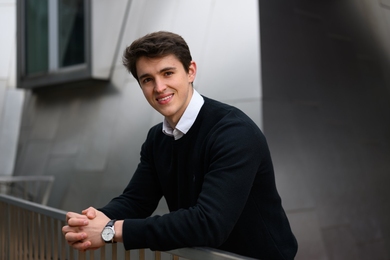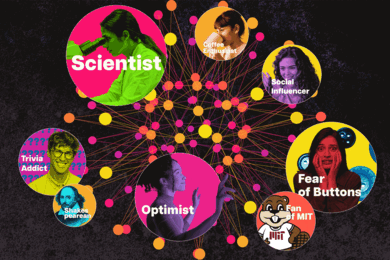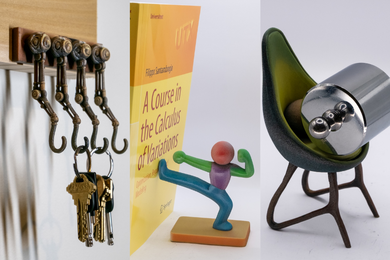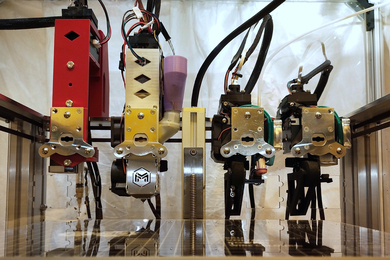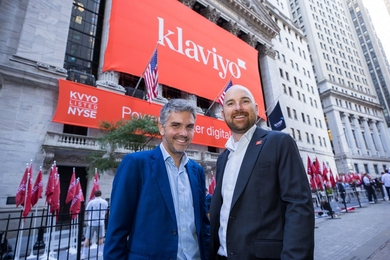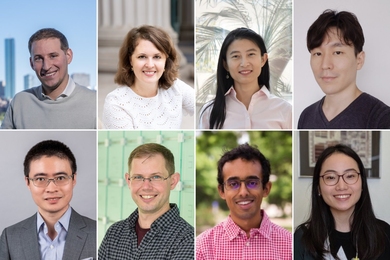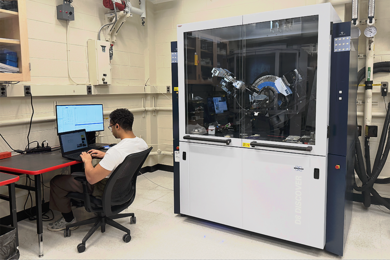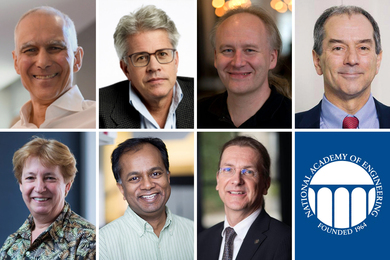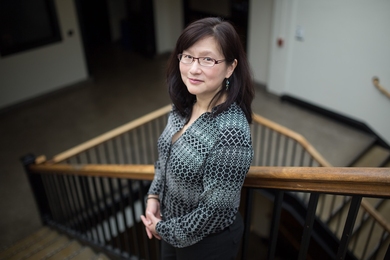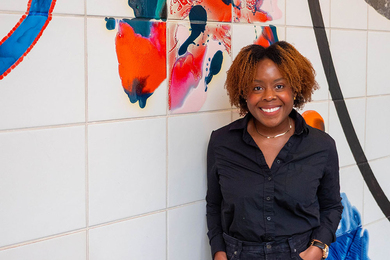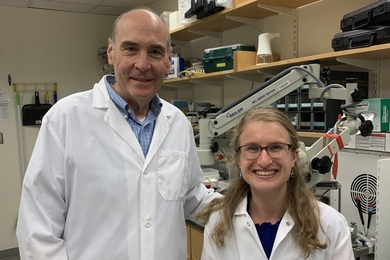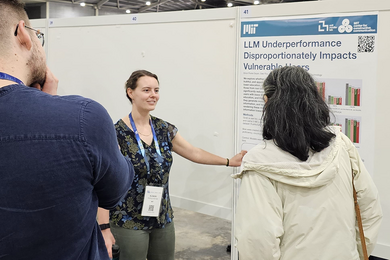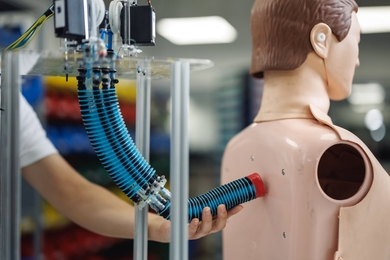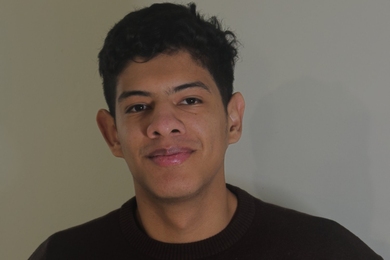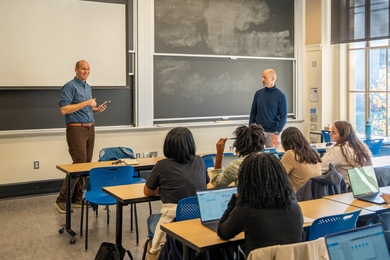Top News
Today’s Featured News
In the Media
Community Updates
Featured Multimedia

MIT President Sally Kornbluth speaks with Associate Professor Emil Verner who examines how finance and the broader economy interact. In this episode they talk about why financial crises happen, how they ripple through economies and politics, and what they mean for individual financial stability.

In 16.85 Autonomy Capstone (Design and Testing of Autonomous Vehicles), AeroAstro students build software that allows autonomous flight vehicles to navigate unknown environments. Students develop software and hardware for a quad-rotor drone, navigating a challenging obstacle course. The course emphasizes systems-level thinking and real-world applications.

Justin Kay's research focuses on making computer vision and machine learning systems more deployable and informative for science and decision-making, particularly for environmental and climate applications. Here he talks about AI and environmental conservation and answers some specific questions about his work.

At MIT, our mission is to advance knowledge; to educate students in science, engineering, technology, humanities and social sciences; and to tackle the most pressing problems facing the world today. We are a community of hands-on problem-solvers in love with fundamental science and eager to make the world a better place.




